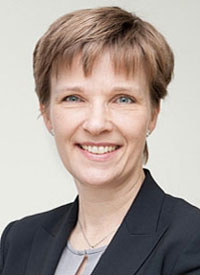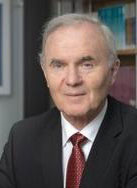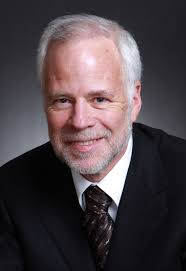Turning points in history How crises have changed the tasks and practice of central banks
The crisis experienced in recent years has had a transformative impact on economic thinking, public opinion vis-à-vis the financial system and our economic order per se, prompting a widespread debate. Central banks are also caught up in this process, as are perceptions of the role they play. Some now believe that we are facing a historic sea change.
It is against this backdrop that the Bundesbank will host a conference, which will look into the question of how – from a historical perspective – economic crises have transformed the role played by central banks.
Programme
| Welcome 09.00 – 09.30 | |
Dr Jens Weidmann, | |
| How did central banks contribute to the stability of the financial system? Evolving demands and realisations 09.30 – 11.15 | ||
| Panellists | ||
Claudia M. Buch, Presentation | Marvin Goodfriend, Presentation | Charles Goodhart,
|
| Central banks and fiscal authorities: Dominance versus independence 11.45 – 13.30 | |||
| Panellists | |||
Alan J. Auerbach, | Markus K. Brunnermeier, Presentation | Benjamin Friedman, | Narayana Kocherlakota, Presentation |
| How policymakers should safeguard Europe against future crises: A dialogue 14.30 – 16.00 | |
Moderator: | |
| Panellists | |
Michel Sapin, Minister of Finance and Public | Wolfgang Schäuble, Federal Minister of |
| Central banks and the international environment: Exchange rate regimes and international coordination 16.30 – 18.15 | ||
| Panellists | ||
Paul De Grauwe, | Barry Eichengreen, Presentation | Hélène Rey, Presentation |
| Concluding remarks 18:15 | |

| Mervyn King, |















